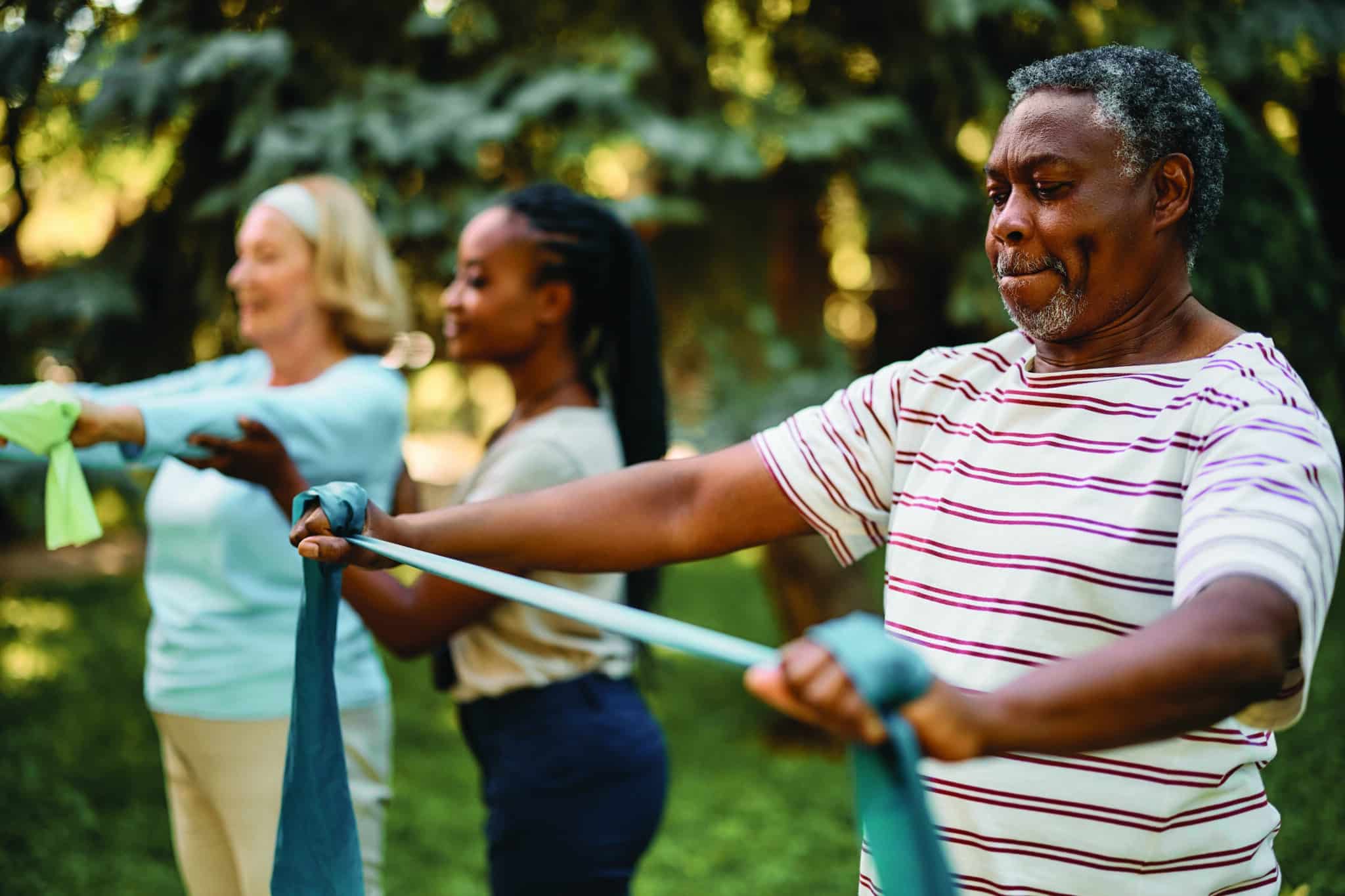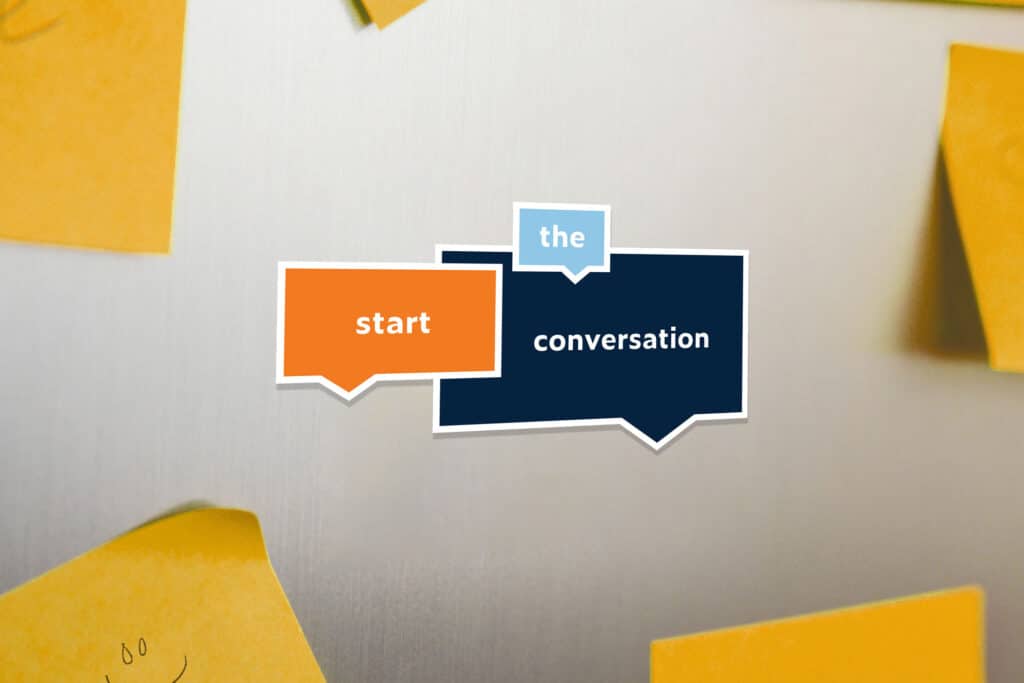Caregiver Self-Care

Self-Care Tips
Caregivers often pour so much energy into scheduling, planning, and caring for their loved ones that they sometimes forget a vital piece of advice: to take care of themselves first. If you don’t look after your own health, you might find yourself unable to care for your loved one.
True self-care goes beyond enjoying a hot bath or treating yourself to extra dessert. Self-care involves participating in activities that improve your life and support your physical and mental health.
Self-Care Strategies for Caregivers
1. Prioritize Your Health
Regular Check-ups: Make sure to keep up with your own medical appointments, screenings, and check-ups, to maintain your strength and effectiveness as a caregiver.
Eat Well: Eating a diet rich in vegetables, lean proteins, and whole grains will help maintain your energy so you have more energy for yourself and to provide care for your loved one.
Stay Active: Include physical activity into your daily routine. Whether it’s a full workout or short walk, staying active is key to boosting your energy and mood, and allowing you to go that extra mile for your care partner.
2. Mental and Emotional Wellbeing
Take Breaks: Taking short breaks throughout the day can reduce stress and rejuvenate your spirit. A few minutes of quiet time can refresh you for the tasks ahead.
Seek Support: Joining a caregiver support group, whether in-person or online, can provide valuable support and backing from people who understand the challenges you’re facing.
Mindfulness and Relaxation: Techniques such as meditation, deep breathing, or yoga serve as essential tools for calming your mind and alleviating stress. Incorporating these practices into your routine can help you maintain emotional and mental health.
3. Work on Time Management
Set Realistic Goals: Breaking down your caregiving tasks into smaller, manageable segments can help you handle your responsibilities more effectively. Prioritizing the most important tasks ensures they are completed and helps reduce stress that can arise when managing complex care situations.
Seek Help When Needed: Delegating tasks to friends and family can significantly lighten your load. Sharing responsibilities helps ensure that you can provide care more sustainably and effectively.
4. Engage in Activities You Enjoy
Hobbies and Interests: Schedule time for activities that fill you with joy and relaxation. Engaging in hobbies like reading, gardening, crafting, or listening to music can provide the respite you need to recharge your energy.
5. Stay Connected
Maintain Social Connections: Keep up regular interactions with friends and family. These relationships provide necessary emotional support and help uplift your spirits, making the caregiving process more manageable and fulfilling.
Professional Counseling: If caregiving becomes particularly challenging, consult a mental health professional. They can provide you with the tools to manage stress, depression, or anxiety. This step ensures you can continue to provide the level of care you’d like to, equipped with better strategies to handle the ups and downs of the caregiving.
Caregiver Assessment
Archangels Caregiver Intensity Index (CII)
The Archangels Caregiver Intensity Index (CII) supports all caregivers, including those who might not see themselves in such a role. It offers a “score” that acknowledges your experiences and helps you recognize if you’re nearing burnout or neglecting your own health. Check your CII score.
TCARE
TCARE (Tailored Caregiver Assessment and Referral) is a caregiver assessment tool that focuses on the needs of the family caregiver to prevent burnout. An individualized care plan helps the family caregiver manage their role and identity as a caregiver. To learn more, call our Information & Assistance team.
Self-Care Assessment
Caregiver Self-Assessment
The Caregiver Self-Assessment Questionnaire was developed by the American Medical Association, to help caregivers evaluate behavior and health risks, identify potential health risks, and improve communication with healthcare providers. The questionnaire is available in an interactive online format. Take the assessment.
Taking care of yourself isn’t a luxury—it’s an essential step to being an effective caregiver. Implementing these self-care strategies ensures you remain a strong, healthy, and resilient caregiver.

Caregiver Burnout Assessment
TCARE
TCARE (Tailored Caregiver Assessment and Referral) is a caregiver assessment tool that focuses on the needs of the family caregiver to prevent burnout. An individualized care plan helps the family caregiver manage their role and identity as a caregiver. To learn more, call our Information & Assistance team.
Find Resources to Help You Live Your Way
Can’t find the resources you are looking for? Call us directly to be connected with an Information & Assistance Specialist.





